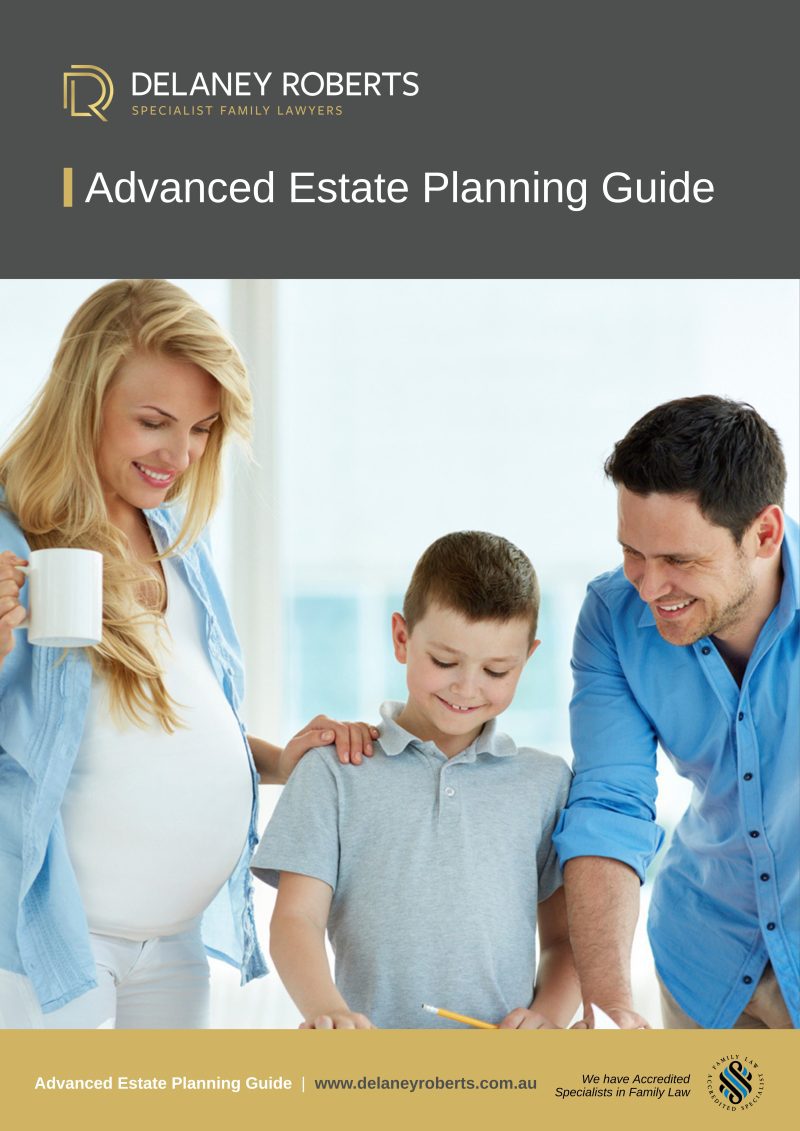Life Interests or Rights of Residence created in a Will are common parts of many Estate Plans when there is a second marriage and each spouse has children of their own. A Right of Residence is a right given to a person to reside in a property for their lifetime. A Life Interest is a right given to a person to benefit from a property for their lifetime. The recipient of a Life Interest may choose to live in the property or rent the property and enjoy the income generated.
A common strategy implemented when a second spouse is involved is to grant the surviving spouse a Right of Residence or Life Interest in the principal place of residence, with the property to ultimately end up with the children of the first marriage. The adequacy and flexibility of these options has recently come under scrutiny with the development of what is known as a Portable Life Interest.
What happens if your spouse needs to downsize or enter aged care?
1. Right of Residence
If you intend to provide your spouse a Right of Residence in a property by your Will, the Right of Residence will terminate if your spouse needs to downsize or enter aged care. Your spouse will no longer have the benefit of that property and will be out of pocket for the expense of purchasing a new property or entering aged care.
2. Traditional Life Interest
If you intend to provide your spouse a traditional Life Interest and they need to leave the property, your spouse will be entitled to rent the property to produce income to fund the costs of alternate accommodation. This income may not however, be sufficient to obtain suitable alternate accommodation. If your spouse needs to enter aged care, means testing is applied to determine the fees payable. The value of the property your spouse has a Life Interest in will be taken into account in the means test, increasing the amount payable by your spouse and potentially prohibiting your spouse affording proper care.
3. A Portable Life Interest
A Portable Life Interest established by a Will resembles a traditional Life Interest but with provisions permitting the sale of the principal residence to fund the purchase of a substitute dwelling or pay the expenses to enter aged care. A Portable Life Interest provides a number of options to fund the move at no expense or inconvenience to your surviving spouse. The Portable Life Interest can also be drafted in a way that ensures the unexhausted costs of aged care are refunded to your Estate and distributed to your children or other intended beneficiaries on the death of your spouse. Ultimately ensuring that both your spouse and children are provided for, as far as possible.
Anticipating the different ways in which your spouse may need to be provided for while balancing the interests of the residual beneficiaries is not simple but with the right advice steps can be taken to achieve this outcome. If you intend to provide a Right of Residence or Life Interest for your spouse, contact us today for a free 45 minute consultation in which we will identify Estate Planning strategies right for you, or download our free Advance Estate Planning: Simple Legal Solutions Guide below.
Providing for Your Second Spouse After Your Death Emerging Problems with a Traditional Life Interest
Life Interests or Rights of Residence created in a Will are common parts of many Estate Plans, particularly when there is a second marriage and each spouse has children of their own. The adequacy and flexibility of these options has recently come under scrutiny with the development of what is known as a Portable Life Interest.




















